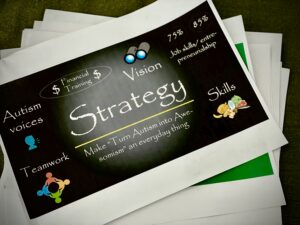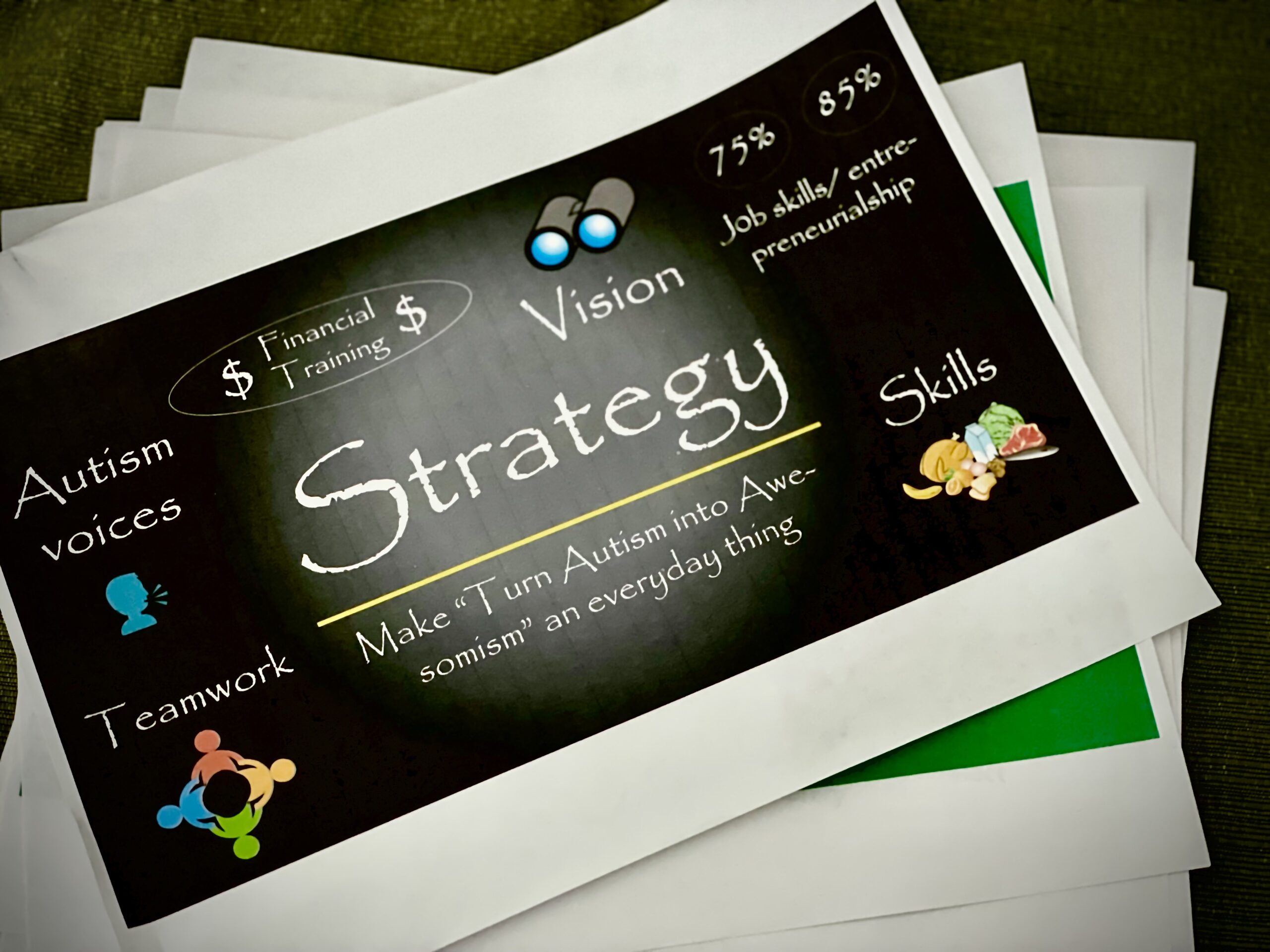 Why are soft skills important? And why are they important for us at TeamAwesomism?
Why are soft skills important? And why are they important for us at TeamAwesomism?
We use the term a lot, but we don’t always necessarily know exactly what it means.
In this blog I’m going to discuss what soft skills are, and why I think they are so important for the Virtual Academy.
What Are Soft Skills?
Soft skills are personality traits, as well as personal skills that can define what a person’s relationships are with other people. In the workplace, soft skills are considered to be both a complement and support to hard skills, which are one’s knowledge and work skills. Some also use the term “soft skills” to describe aperson’d Emotional Intelligence Quotient (EQ) vs their Intelligence Quotient (IQ).
Soft skills are more about who people are, rather than what they know. This includes, but not limited to a person’s character traits, how well they interact with others and usually are a definite part of an individual’s personality. In a competitive labor market, employees who have a good combination of hard and soft skills are often hired quicker.
This is why we at Team Awesomism are focusing on soft skills as well as hard skills for autistic adults. With a high unemployment rate the combination of soft and hard skills will help autistic adults.
Here are 4 important soft skills:
1. Empathy
Relating to someone else is helpful for all relationships. Empathy also teaches you to be more patient, supportive, and understanding. Empathy also allows your relationships to get stronger.
How to Achieve This
Try to imagine yourself in the other person’s shoes. This allows you to see things from another’s point of view. Another important thing is to realize that others may be coming at a situation differently than you. This doesn’t make them wrong or right, just a different experience.
2. Productive Communication
When talking to others, remember all the ways you are communicating, both with words and actions, such as body language. Understanding this can help stop misunderstandings, you need to be able to make your point in a clear and precise way. None of us are perfect at this, but being aware of what and how we are communicating helps.
How to Achieve This
Ask for constructive feedback. When doing this ask those around you who know you best. Remind yourself that the other person is trying to help you, and that their words aren’t an attack on your skills, personality, or your abilities.
Be sure to remind yourself they’re coming from a good place. This will make you more receptive to their recommendations, and less likely to hurt your feelings.
3. Think Things Through
Stop and think about what you are about to say or do. This helps you figure out the best options, and take the best route. It also can help you if you feel if something is not right, so you can examine it further, whether you’re with friends, coworkers, family or even strangers.
How to Achieve This
Ask a lot of questions, even if you think you know the answer. The old saying of “the only bad question, is the one you don’t ask”… is important here! You may be surprised at what the other person says. If their answer is different than your own, it’s a good sign you need to think about it more. It is also fine to question basic assumptions, many times assumptions can be based on opinions that don’t work in every situation.
4. Think outside the Box in Problem Solving
Thinking ‘outside of the box’ or being creative is almost always a benefit, especially for problem solving.
Life changes, constantly, especially these days. To ‘stay in the game’, you must be able to adapt to the situation as well as the solutions to the situation. Taking a creative approach will help you with this. Your attitude is an important factor in determining outcomes. It’s important to stay positive and believe you can overcome negativity. Having this mindset will keep you motivated during the tougher times.
How to Achieve This
Step away from the mindset of this is how it always has been done. Be open to new ideas, whether they come from you or someone else. Talk with others, pull them in for ideas and solutions. Narrow down your ideas to the most relevant, as well as most doable solutions. Big problems are intimidating, so break them down into smaller issues, which are usually simpler to solve.
Work on developing these soft skills, and you’ll be happier and more successful in all parts of your life
Why are soft skills important?
How well you interact and treat others is important in all parts of your life. Trust and relationships develop through positive interactions. Try not to let negative people get into your head, as they serve no positive value.
How do can you improve soft skills?
Soft skills can be learned. To improve soft skills, the person must be open to learning, discussion and understanding to make decisions and to change negative behaviors. Teaching and practicing positive soft skills can help for developing better practices, such as listening, understanding and empathizing with others. Team Awesomism works on these skills in many different ways, as to help those on the range of the autism spectrum.
So what is soft skills training and why is it important?
Soft skills training is there to help develop/improve interpersonal skills. It is in many different day-to-day lessons. All of these lessons are there to improve communication, increase listening, problem solving, self esteem and more.
Want to learn more about Team Awesomism? want to support us? Tip us here on PayPal, as well as Cash App, and Venmo and read more details about our community!




Pingback: Our Road Trip For Autism in 2023 | Team Awesomism